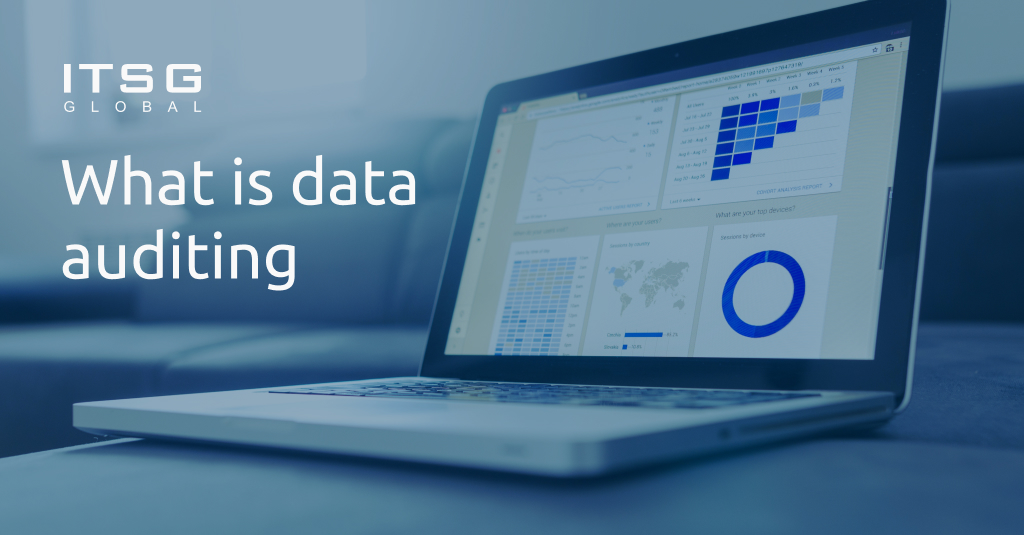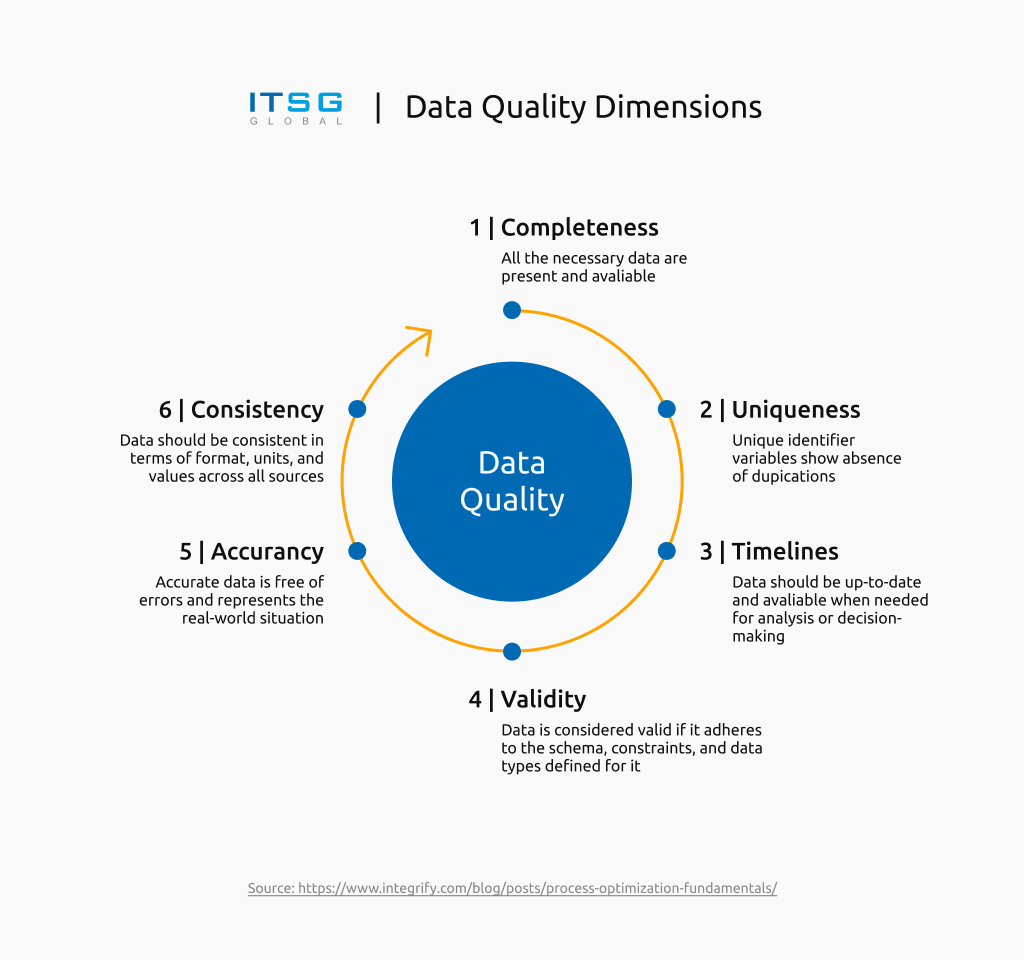22 October 2023

Data auditing is a comprehensive examination of data infrastructure in one’s company. It’s a process designed to provide better data quality which in turn is supposed to improve analytical operations inside the organization. While it might sound complicated (the word audit isn’t a particularly friendly term) data is of key importance when running a business and data auditing aims for stronger analytics and therefore better performance altogether.
THE PROCESS
The audit begins with a dialogue with stakeholders dealing with data collection, storage, and different processes. That means bringing to the table all employees who have access to customer’s data and asking them how are they manipulating it. It’s possible to obtain relevant information through surveys, however, an interview might be more effective because of the possibility of asking additional questions as the conversation progresses. The employees are the best source of information on how they use the company’s databases, how often they update them, and what they consider problematic.
The next step of the process is mapping – that is determining in how many different places the data is stored, how many people have access to it, and how is it used (how many people can update it). At this stage, it’s possible to determine if all teammates have the same access to the data they use, or if is it just randomly scattered in emails, chats, or private notebooks.
Now, it’s possible to evaluate the quality – is your data accurate, consistent, and easy to use? Do you notice any re-occurring errors, problems with formatting, or just methodological issues that should be addressed?
And more importantly…
WHY IS IT IMPORTANT?
Let’s use an example of how data is affecting customer service. Let’s assume you’re building a database consisting of your current and potential clients’ data. We can imagine it as some kind of spreadsheet that has basic information such as name, surname, birthday, email address, phone number, and some additional information, e.g. how many times did you shop in our store, what’s the average value of your order, etc.
From your organization’s perspective, it’s important to have all the information collected and organized so that if there’s some rotation in your workforce, relevant data isn’t lost in the process. If all the information is put in a cohesive, updated spreadsheet – that’s perfect. It’s a whole different story, when different departments have their own spreadsheets with different comments, and some of the data is kept by particular workers in their notes, mails, or in their heads.
So, what is being checked during the audit?
One of the values that have to be checked is accuracy – is your data relevant, is it collected in a way that makes logical sense, and how is it processed? Another question is the matter of representation – do you have a database that truly represents your dream customer base? Finally, is your database consistent and easy to use by people, who weren’t there when it was created?

BENEFITS AND OPPORTUNITIES
Having a data audit performed in your company is going to bring a lot of benefits:
- You will have the data of crucial importance identified
- The quality of data and data representation will be improved
- Data analytics will become easier than before
- You will get information on possible risk
- You will get information on what other data can be collected in your organization for its benefit
- There will be feedback on how your data have been classified
- Information on the potential automation of processes will be provided for you
Author: Andrzej Wodnicki, Managing Director at ITSG Global






